Our reports are categorised into the following categories for ease of navigation.
Click on each of the categories for a more in-depth description of what each of them are.
All Our Reports
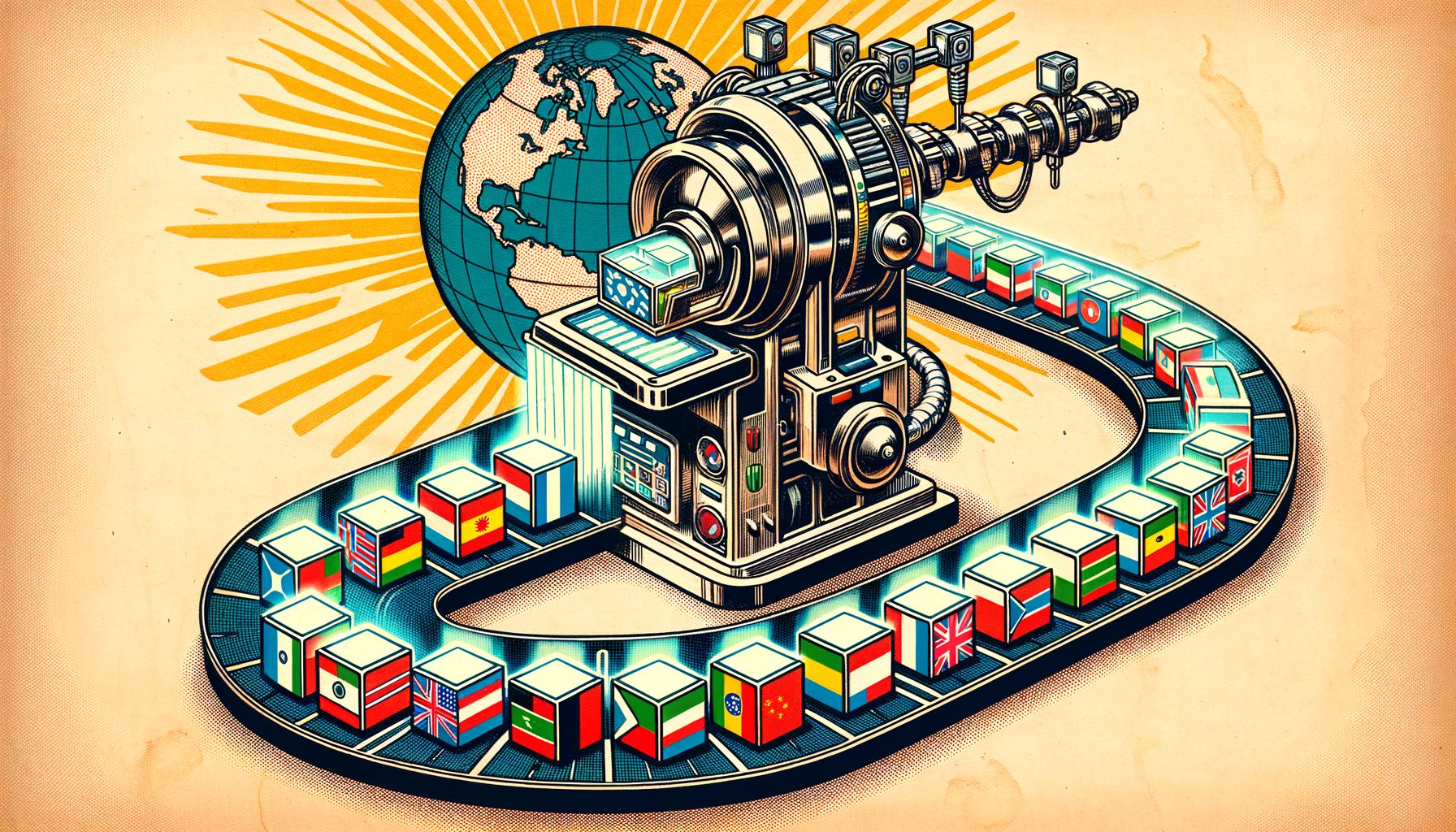
Decoupling Dynamics: AI's Role in Global Supply Chains
Considering the evolving dynamics of global trade and the quest for geopolitical stability, how could future technological advancements, particularly in artificial intelligence (AI), catalyze the development of alternative global supply chain configurations that aim to reduce dependency on China? In examining these emerging configurations, what would be the implications for shifting geopolitical power balances, global economic growth, and innovation? Furthermore, how can these technological innovations not only foster resilience in supply chains but also redefine the nature of global interdependencies and competitiveness?
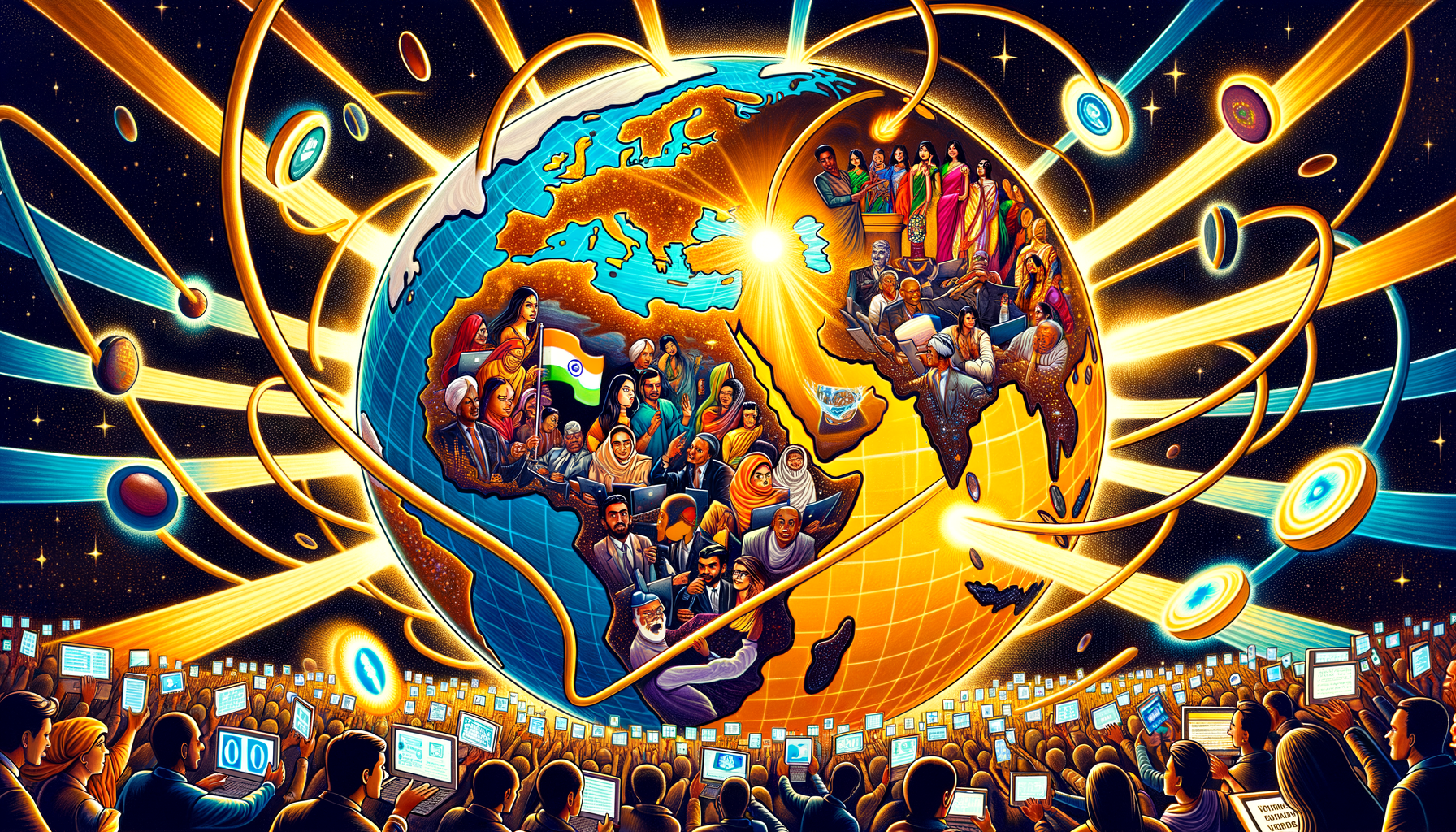
Diaspora Dynamics: Shaping Elections and Global Influence
What implications does the increasing involvement of diaspora communities in homeland politics have on the conduct and outcome of elections in democracies like India?

Data Centers: Energy, Security, and Global Sustainability Nexus
How will the rapid expansion of data centers and their associated energy demands influence global energy markets and sustainability efforts?

Indo-Pacific Power Shift: Japan, France, and India Dynamics
How will Japan's and France's deepening strategic partnerships with India influence the current balance of power and alignments within the Indo-Pacific region?


Bridging Innovation: AI, Security, and Transatlantic Diplomacy
In a rapidly evolving technological landscape where advancements in AI and digital security often outstrip regulatory frameworks, how can international cooperation on regulation be fostered to responsibly and effectively tackle the multifaceted challenges posed by these advancements, ensuring that innovation is not stifled in the process? Furthermore, considering the divergent approaches to AI and digital security regulations between the U.S. and EU, what are the geopolitical implications of these differences, and how might they influence the dynamics of transatlantic relations? This question seeks to explore the balance between regulation and innovation through the lens of international collaboration, while also delving into the specific regulatory discrepancies between major global actors. It aims to understand how these divergences can impact broader geopolitical strategies, alliances, and the future of technology governance on a global scale, reflecting on the complex interplay between technological advancement, regulatory challenges, and international diplomacy.

India in the Middle East: Strategy, Influence, and Power Dynamics
As India intensifies its involvement in the Middle East, particularly through anti-piracy operations, this engagement stands as a reflection of its broader strategic aims within the intricate tapestry of regional and global geopolitics. How, then, does India's active role in the Middle East not only signify its strategic intentions but also navigate its evolving position between major world powers, influencing and reflecting its standing on the global stage? This question seeks to dissect India's Middle Eastern policies as both a lens through which to view its geopolitical ambitions and a mechanism by which it adjusts its posture in the international arena, amid the complex dynamics of global power relations. It aims to uncover the nuanced interplay between India's regional engagements and its aspirations for a more pronounced role in global affairs, considering how these actions serve as both indicators and influencers of its geopolitical strategy.
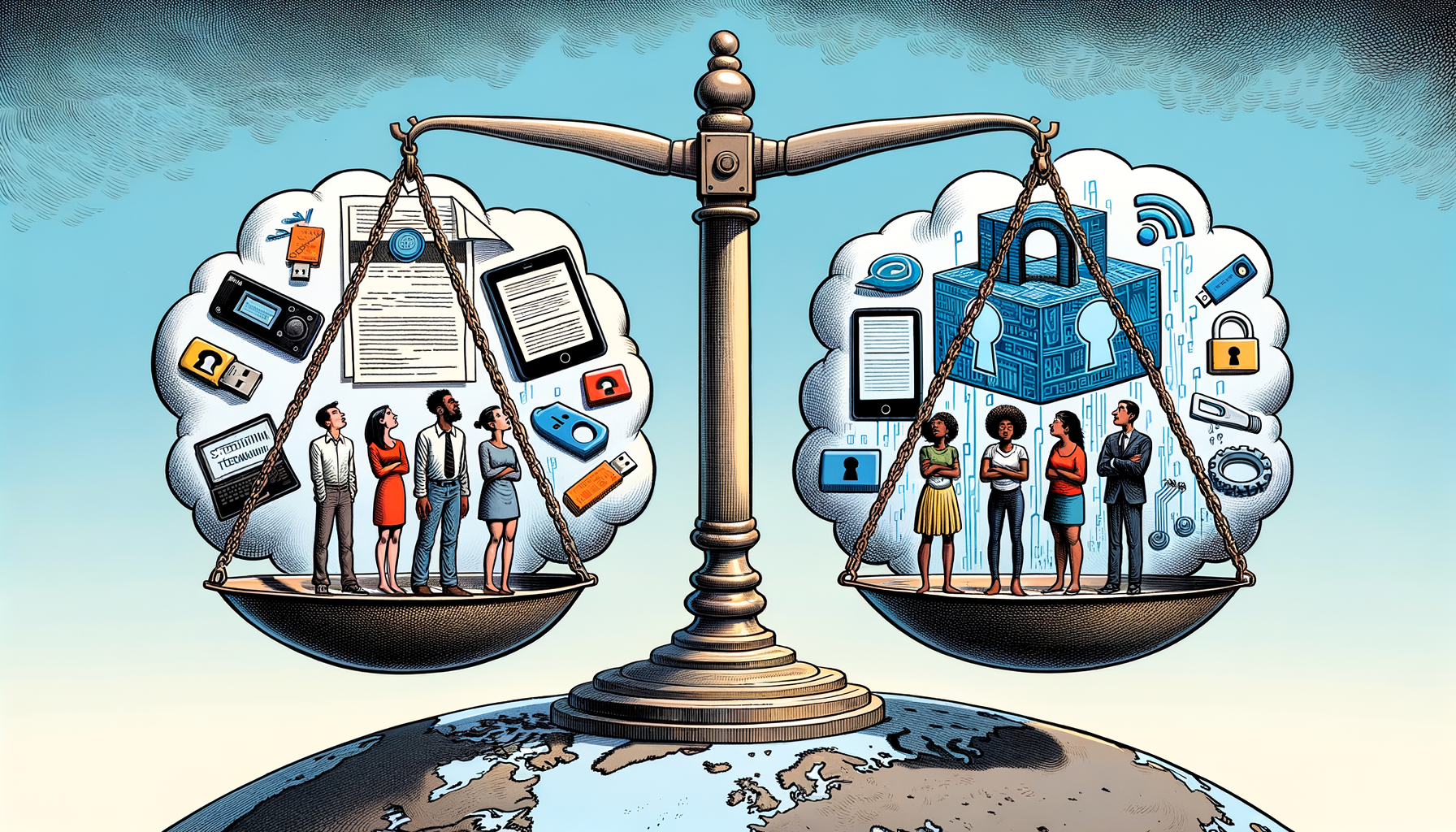
Digital Shadows: Balancing Security and Freedom
In a world increasingly characterized by pervasive surveillance and growing concerns over national security, how can the nuanced deployment of digital watermarking and steganography serve as a dual-edged sword, safeguarding national interests while ensuring the preservation of personal freedoms? This question delves deeper into the paradigm of digital security, probing the implications of nations developing asymmetric capabilities through tools like watermarking and steganography. It seeks to explore the equilibrium between enhancing security measures and maintaining individual liberties, as well as the consequential shifts in the global balance of power that such technological advancements may precipitate. This comprehensive inquiry aims to unravel the complex interplay between advancing national security objectives without encroaching upon the personal freedoms of individuals, all within the context of an evolving international landscape marked by digital innovation and strategic competition.

Geopolitical Tensions and Aviation Paths: A Global Shift
What might be the long-term consequences of realigned aviation routes on diplomatic relations between the countries that are now more frequently overflown?
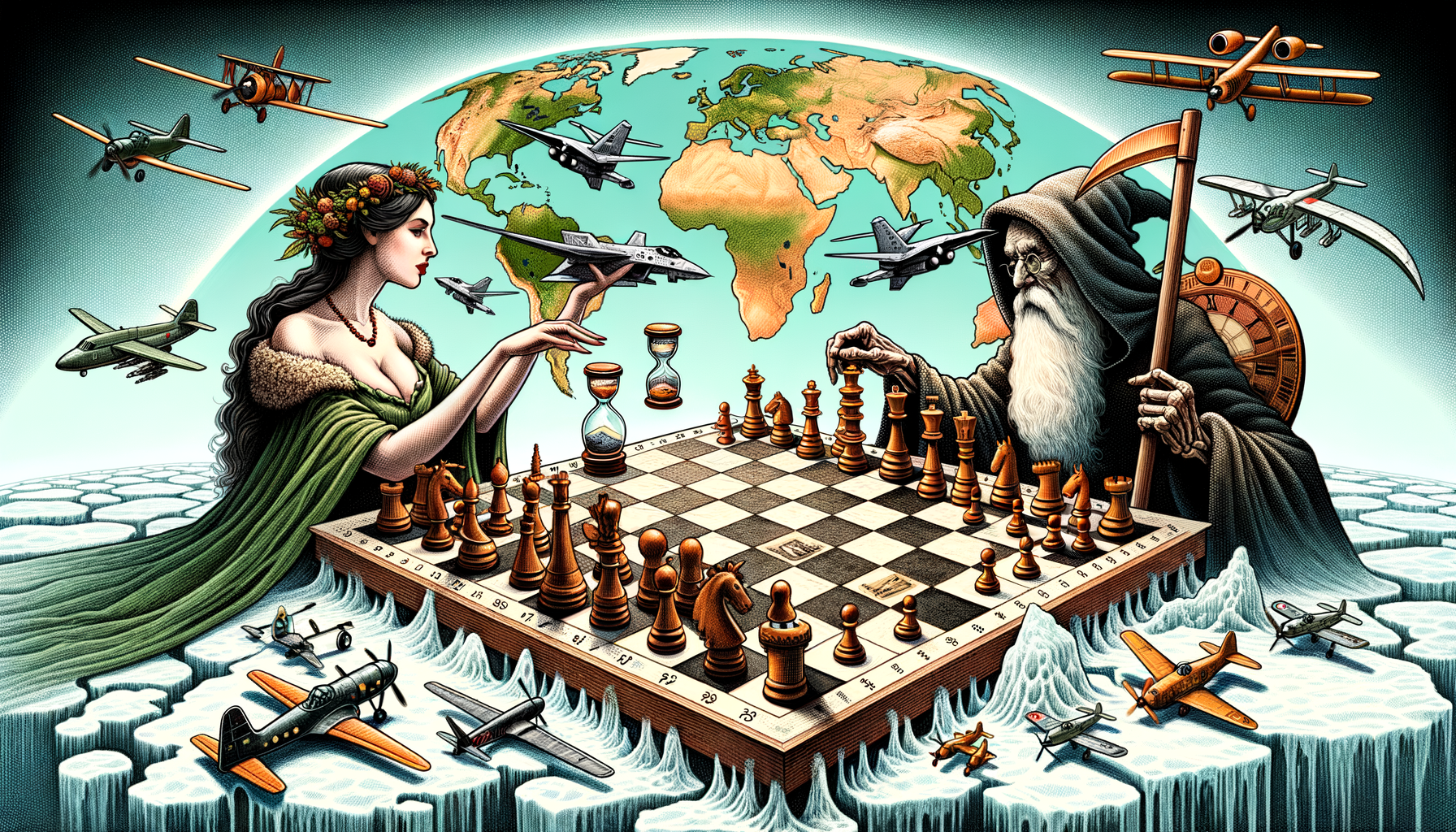
Adapting Flight: Military Strategies in Climate and Conflict
In an era where climate change is precipitating an increasing frequency of extreme weather events, and geopolitical tensions are reshaping the landscape of military asset mobility, how might nations leverage emerging aircraft technologies and innovative logistics strategies? This question seeks to explore the dual challenge of adapting to environmental exigencies while navigating the complexities of geopolitical frictions. It aims to delve into the ways countries might not only innovate their logistics and deployment strategies to maintain defense capabilities but also how these adaptations can be designed to withstand and exploit the changing climate conditions. This holistic inquiry combines the necessity for technological advancements in aircraft and logistics with the imperative to strategize against the backdrop of shifting geopolitical alliances and barriers, thereby aiming for a comprehensive understanding of future defense logistics in a rapidly changing world.

AI Trajectories: Divergence, Ethics, and New Geopolitical Dynamics
What possible scenarios could arise from divergent paths in AI ethics and governance, and how might they create new geopolitical alliances or conflicts?

Redefining Warfare: Information Systems and Future Military Doctrines
How will technological advancements in information systems redefine military doctrines and combat strategies in the next decade?
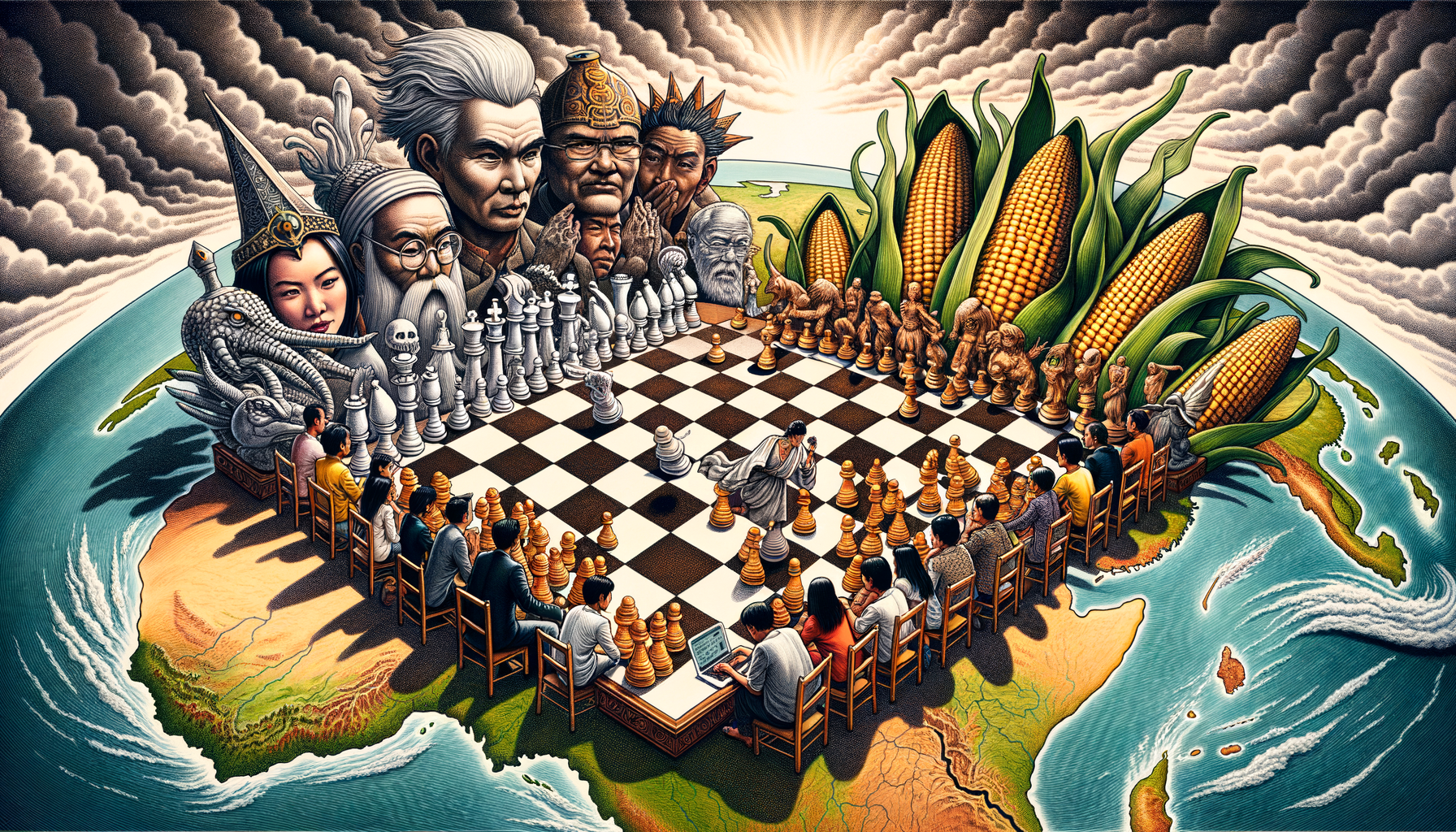
Water, Food, Stability: Scarcity's Global Geopolitical Ripple
Considering the intertwined nature of water scarcity in critical regions such as China, India, and the Mekong Delta, alongside the mounting pressures on global food security, how might the evolving landscape of international water-sharing agreements and national strategies for securing food supplies shape the future geopolitical arena? This inquiry seeks to explore the potential for conflicts arising from resource scarcity, the measures countries are adopting to mitigate the risks to food and water availability, and the broader, long-term geopolitical consequences of these insecurities. Additionally, it aims to understand how nations are strategically preparing to address these challenges, balancing between cooperation and competition, to ensure stability and prevent exacerbation of scarcity-related tensions.

Cryptocurrency Dynamics: Whales, Bitcoin, and Emerging Economies
In what ways could the actions of cryptocurrency "whales" shape the development of emerging economies that are increasingly turning to digital currencies?

AI, Biotech Arms Race: Reshaping Global Power Dynamics
What is the potential for AI and biotechnology to drive a new arms race, and how would this reshape power dynamics among nation-states?
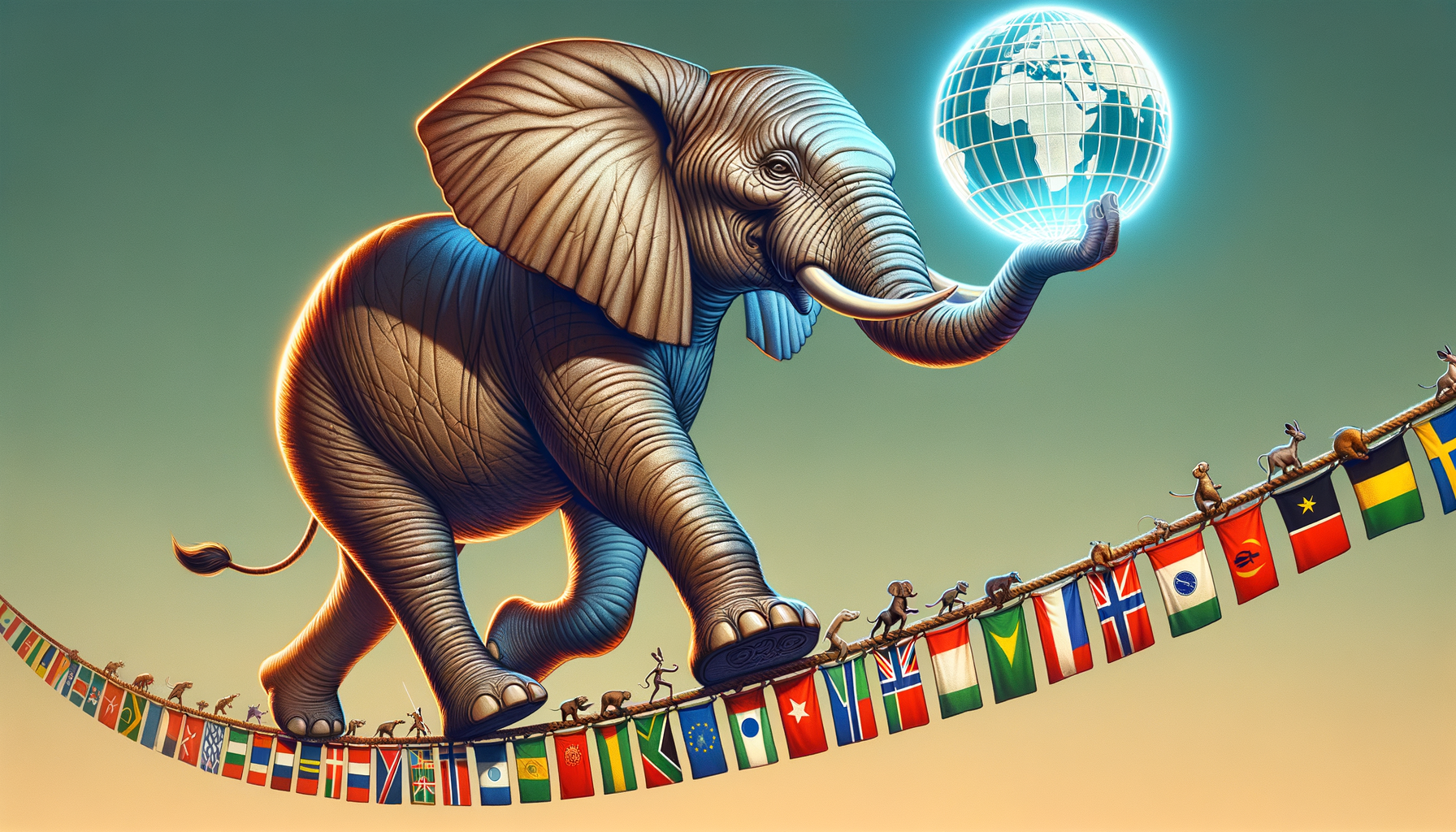
African Futures: Demographics, Resources, and Global Economy Renegotiation
How will African states leverage their demographic and resource advantages to renegotiate their roles in the global economy?
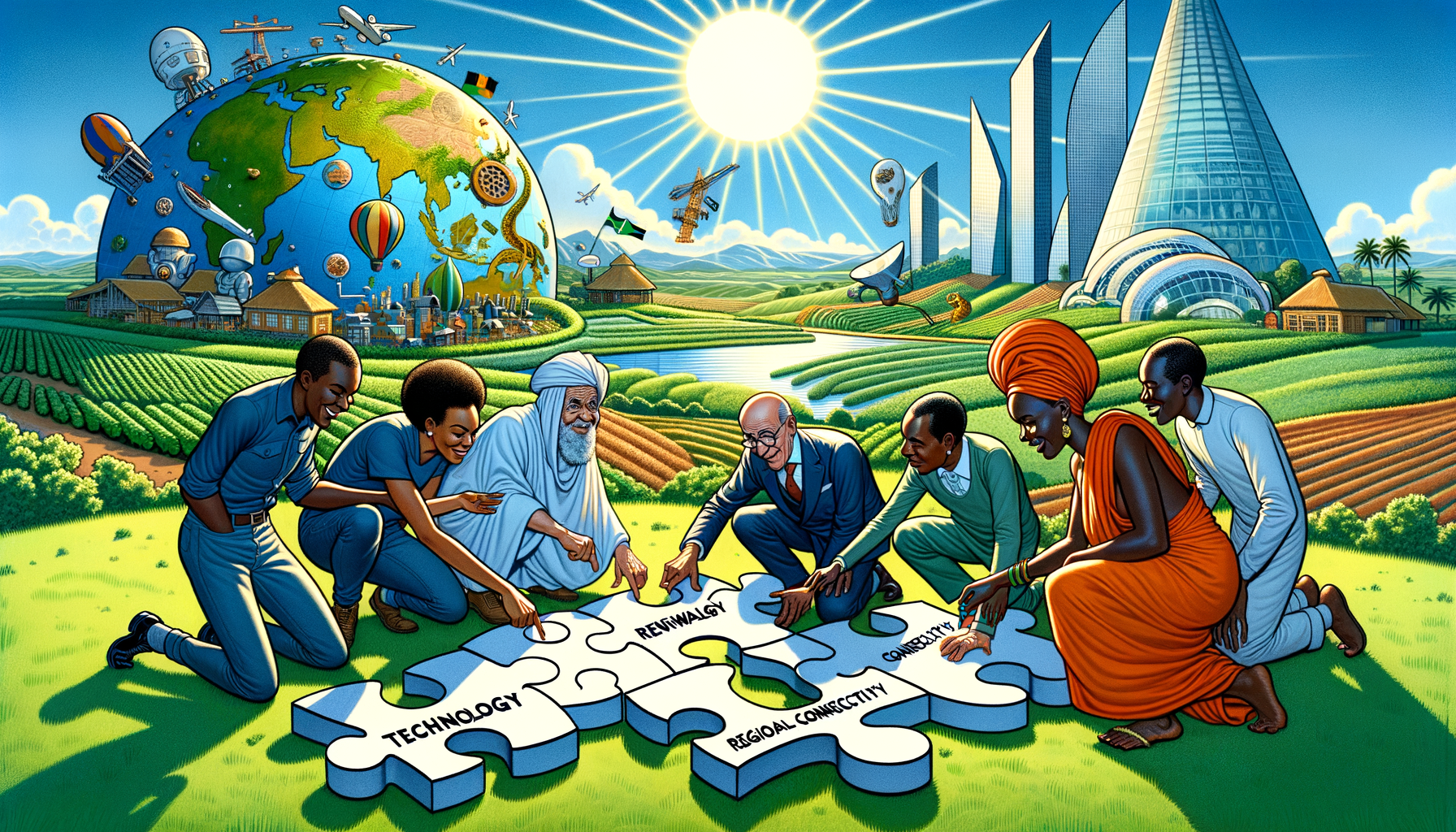
African Prospects: Resource Mastery and Redefined Global Roles
In light of the ongoing shifts in the global economic landscape, how could African countries strategically utilize their demographic and resource advantages not only to diminish their reliance on foreign capital but also to bolster intra-African trade relations, thereby enabling them to renegotiate their positions and roles within the global economy more effectively? This question seeks to explore the multifaceted approaches African states might adopt to leverage their inherent strengths, focusing on enhancing economic self-sufficiency and fostering stronger regional partnerships, which in turn could redefine their economic interactions on a global scale.
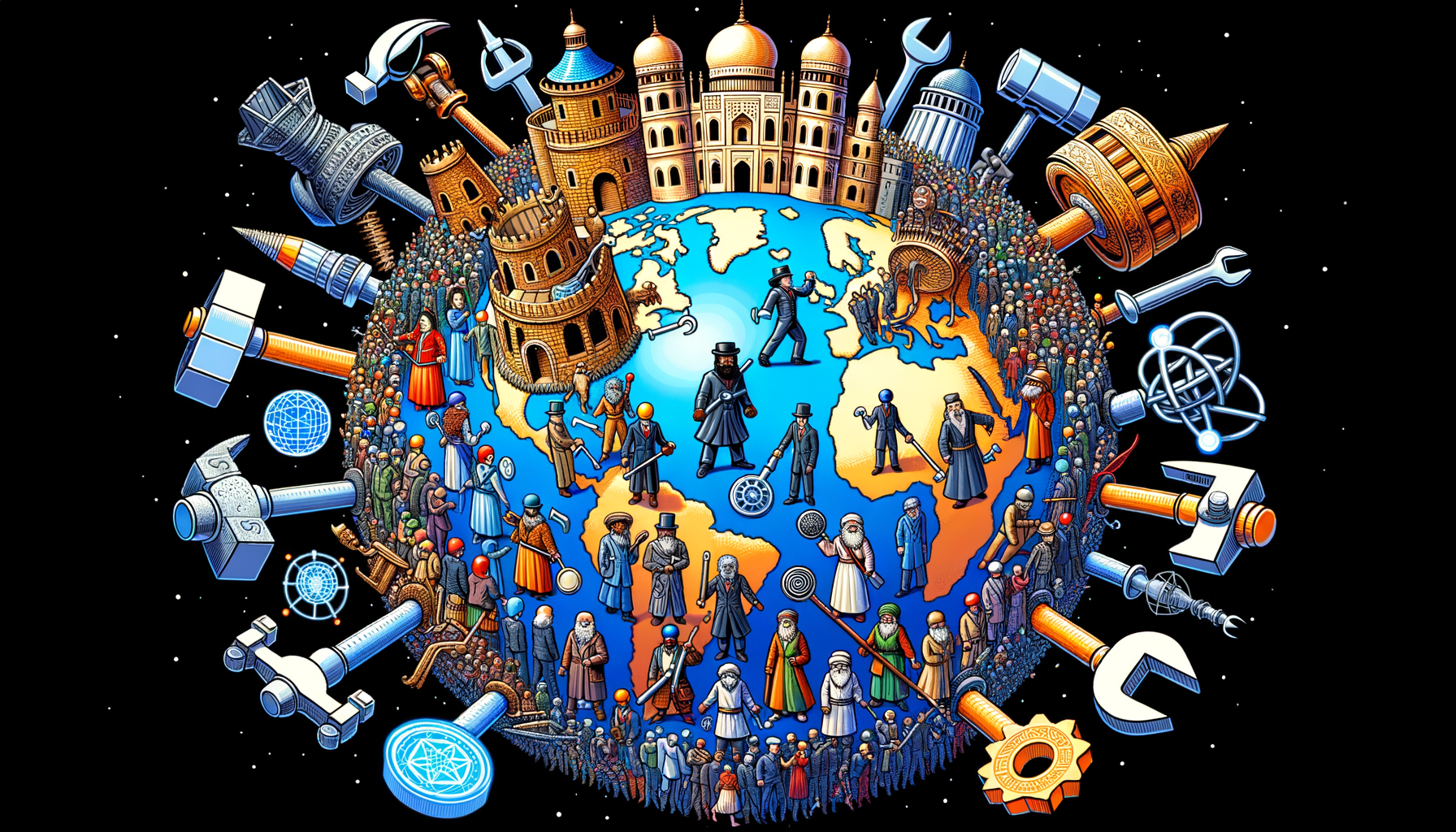
Digital Identities, DAOs, and Shifting Global Sovereignty Dynamics
What might be the long-term impact of stateless digital communities on global geopolitical and economic alliances?

Shaping Futures: Education for Technological and Societal Shifts
How might international educational collaboration change in response to the increasing importance of technology in society?

AI, Espionage, and Diplomacy: Shifting Global Power Dynamics
First, consider that as AI reshapes spycraft, how might the role and responsibilities of human operatives within intelligence agencies evolve? Then, with that information and analysis, how will artificial intelligence tools change the balance of power within international intelligence-gathering operations?






